Tension has erupted in the heart of Nakuru County following a violent attack on local sculptor Faith Kipyegon’s portrait-sculpture creator, who was brutally assaulted by unidentified goons days before President William Ruto is scheduled to visit the region.
According to police and local residents, the incident occurred on the evening of October 27, 2025, outside the artist’s workshop near Nakuru town centre. The victim, whose identity is being withheld for safety reasons, was seized by masked men wielding metal rods and machetes, dragged into a nearby alley and severely beaten. He remains hospitalised with multiple fractures and head injuries.
What triggered the attack?
The artist has gained notoriety for crafting a high-profile sculpture trilogy featuring Faith Kipyegon and President William Ruto, unveiled at a recent regional sports gala and slated for relocation to State House Nakuru for the president’s upcoming visit. Critics claim the statues symbolise political patronage and ethnic favouritism, igniting local jealousy and accusations of misuse of public sentiment.
One witness, speaking on condition of anonymity, said: “Hours before the attack we overheard the assailants argue about the sculpture; they accused the artist of elevating one community and awarding contracts to ‘tribal friends.’”
Authorities are investigating whether the assault was politically motivated or linked to the lucrative contract behind the sculptures, believed to be worth over KSh 2.5 million. Workers at the workshop reported that at least three men visited earlier and demanded payment “for protecting the pieces during the visit.”
Why this incident shakes Nakuru
- Culture meets politics: Art has become entangled in the web of electoral symbolism, regional rivalry and contract-driven patronage ahead of the 2027 general elections.
- Violence ahead of a presidential visit: The attack comes on the heels of a major security operation in Nakuru tied to the president’s outreach tour, raising concerns that local tensions are being suppressed and may explode.
- Impunity and informal enforcement: The use of masked “goons” to settle contract or ethnic grievances deepens fears about informal coercion and lack of rule of law in key political zones.
- Contract transparency under scrutiny: With taxpayers’ money and high-visibility statues at stake, this incident puts public sector contracting and artistic patronage under newfound pressure.

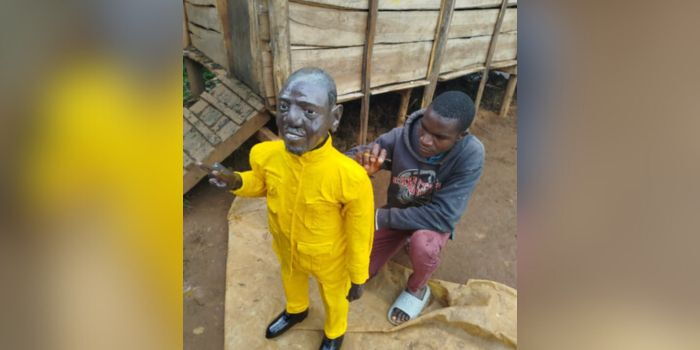
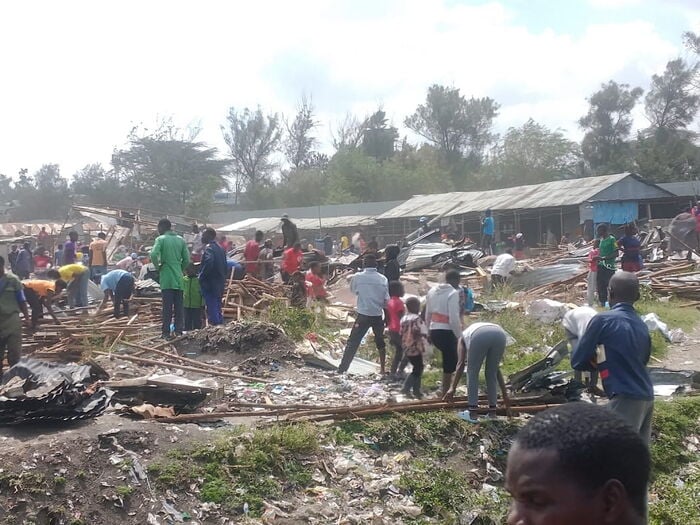
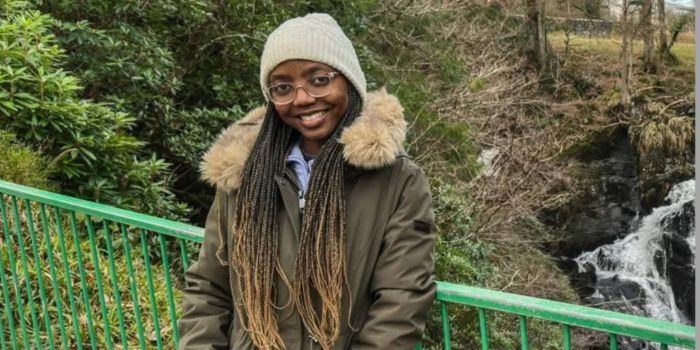
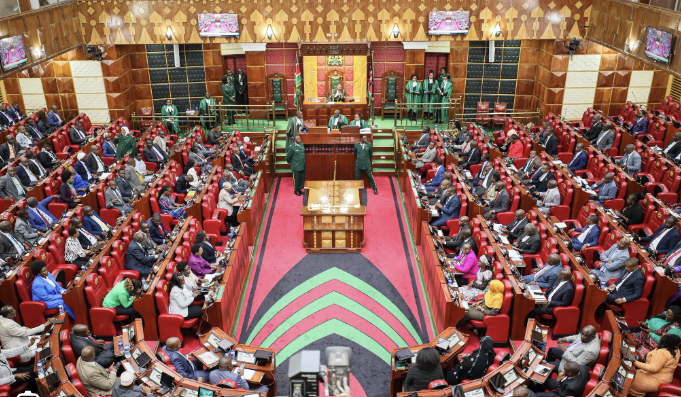
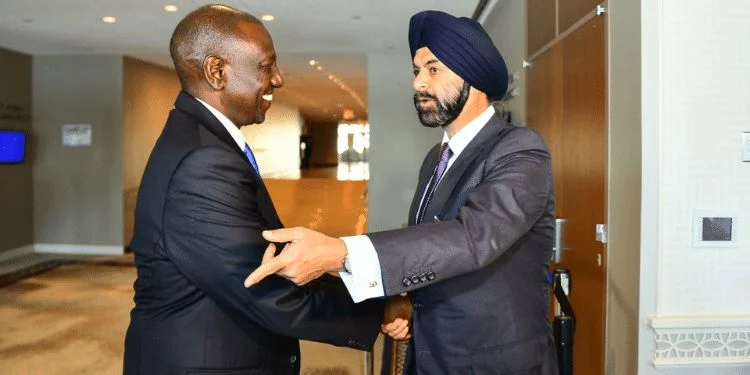
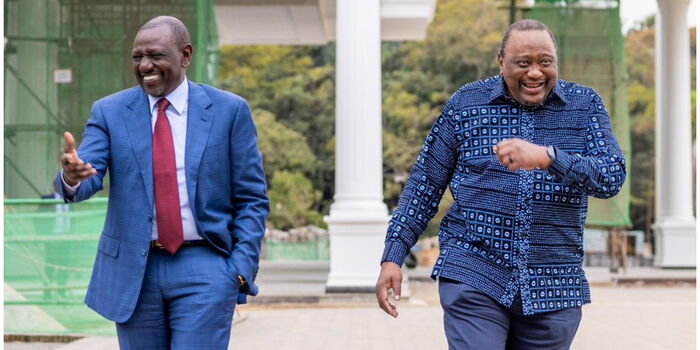

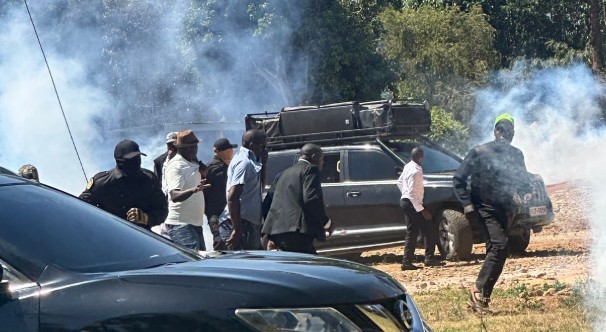
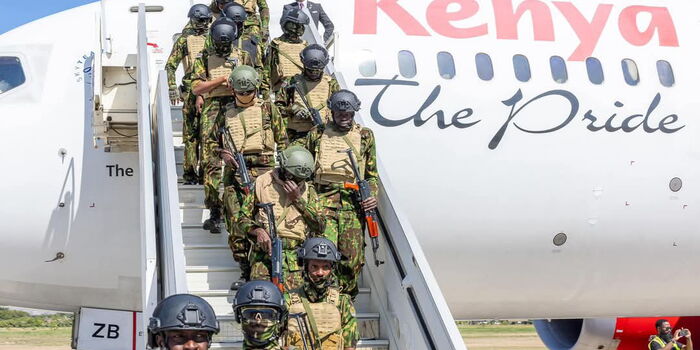
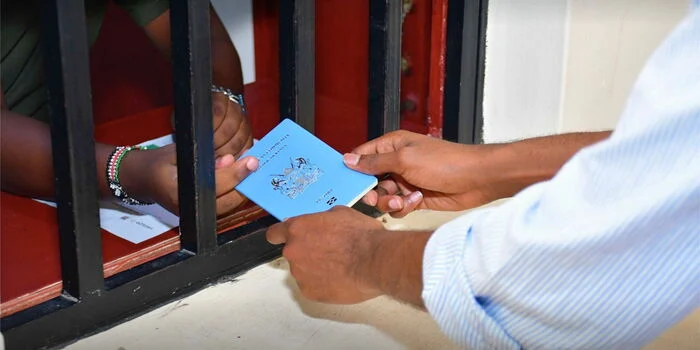
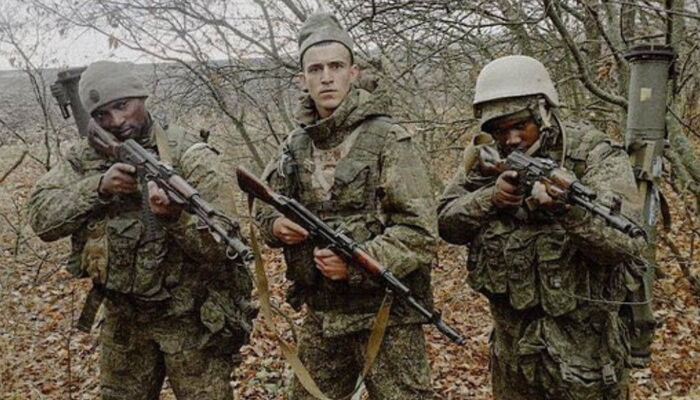
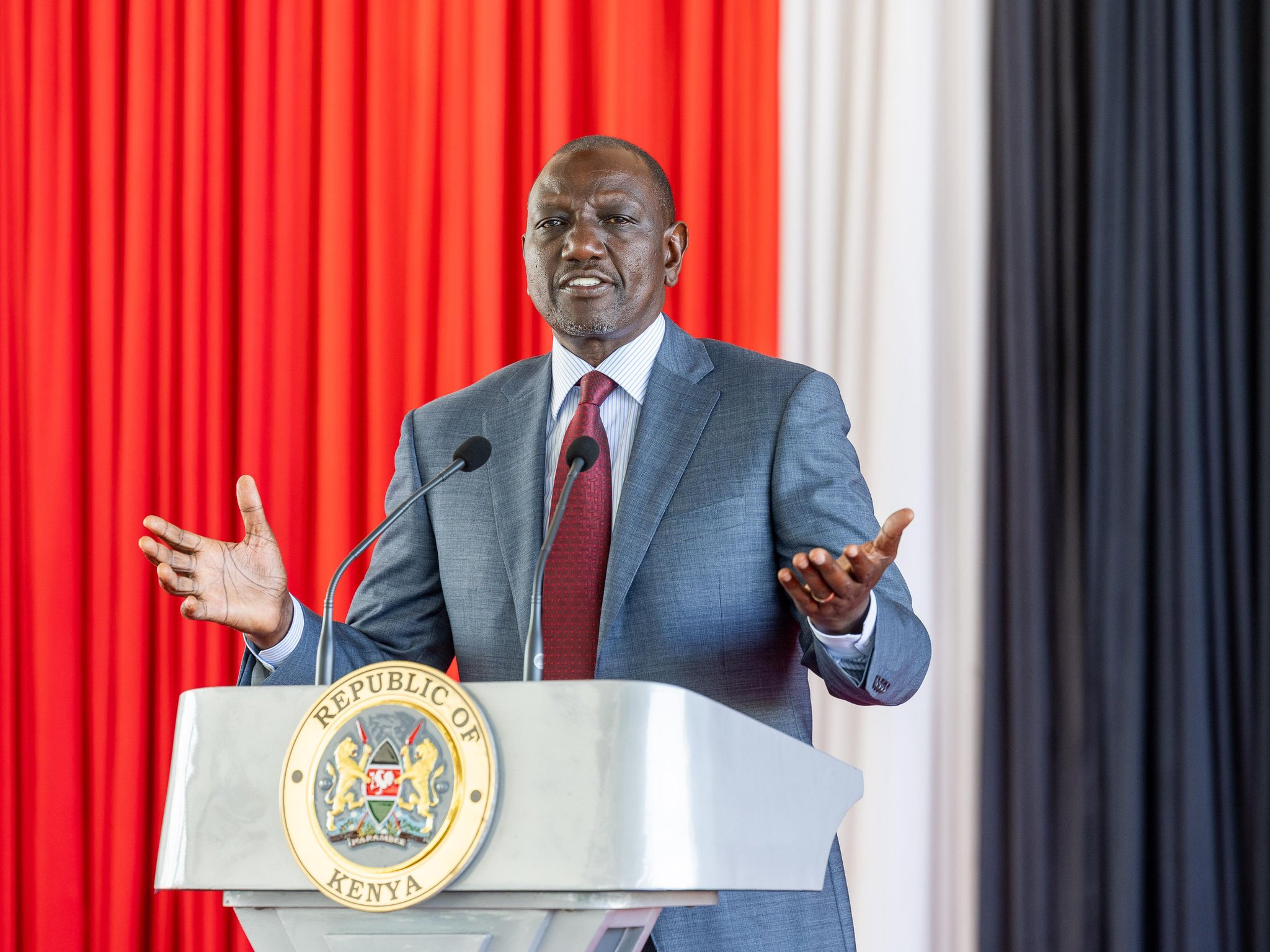
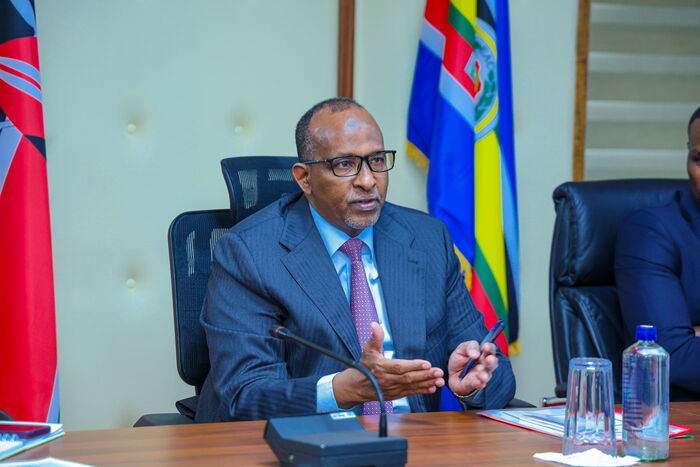
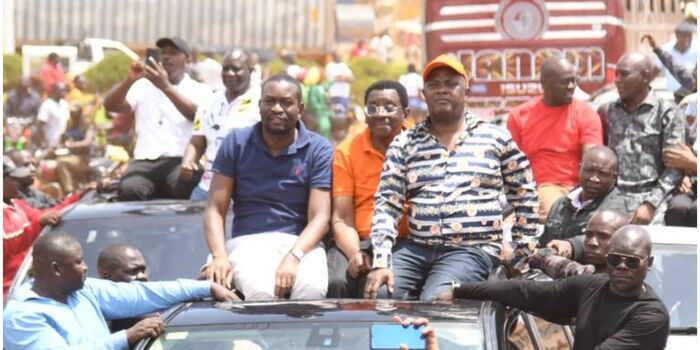
Leave a Reply